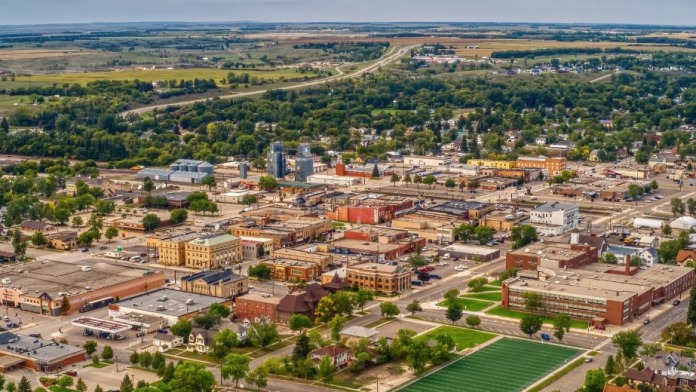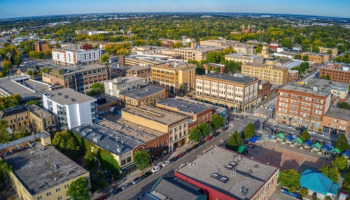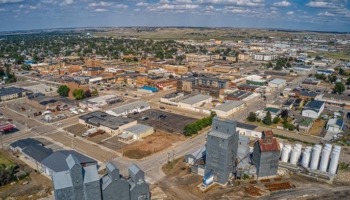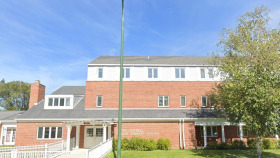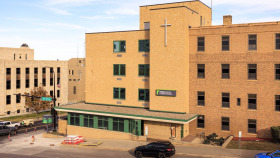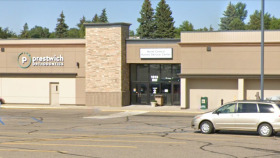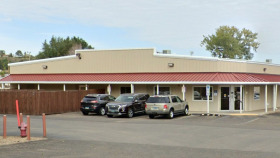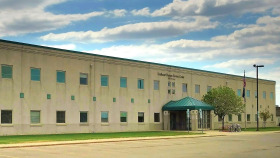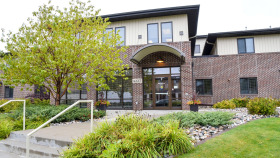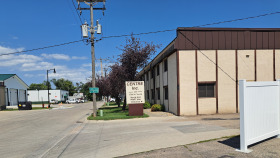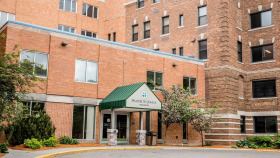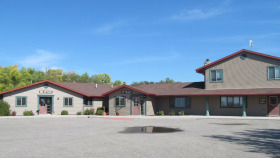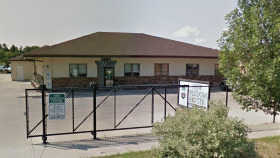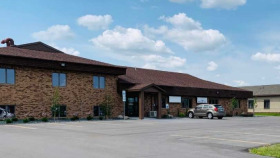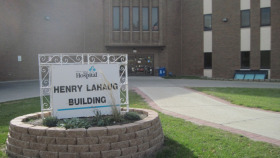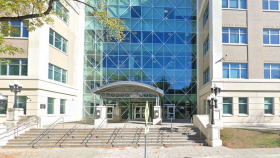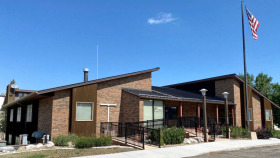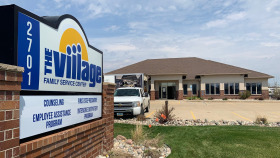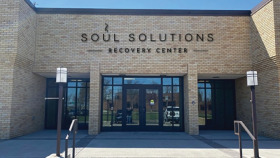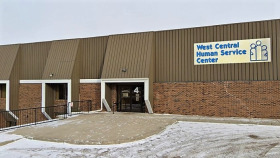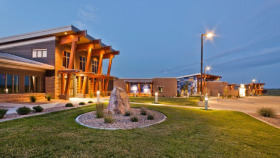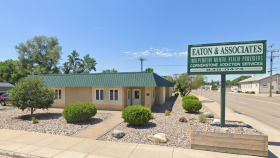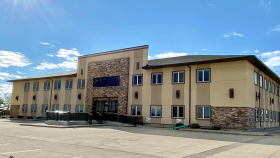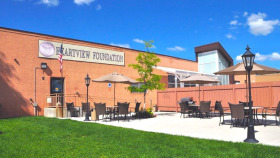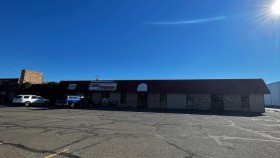Expert Insights
The rate of drug overdose deaths in North Dakota increased roughly five times from 2012 to 2021 but it was still only slightly more than half of the U.S. overdose death rate.
During this time approximately 60% of all drug overdose deaths in the state were from opioids. Roughly two-thirds of the deaths were in men. Most of the men were under age 39 and 30% also tested positive for alcohol.
The number of overdose deaths in North Dakota dipped from 2019 to 2023. Yet the number of fentanyl related deaths increased from 42% to 77%. The rising prevalence of fentanyl overdose deaths underscores the critical need for targeted treatment.
It also highlights the necessity for prevention, intervention and treatment tailored to the most at risk demographics.
~ Gayle Morris, BSN, MSN
How Much Does Drug Rehab Cost in North Dakota?
North Dakota is ranked 49th nationwide in terms of addiction treatment affordability, with an average cost of drug and alcohol rehab of $64,673 (without insurance).
- Medical detox is the most expensive, with an average cost of $159,443
- Long-term inpatient drug rehab in North Dakota costs an average of $57,070
- Outpatient addiction treatment in North Dakota costs an average of $9,483
- Outpatient methadone treatment is the most affordable, with an average cost of $8,426
The cost of drug rehab in North Dakota can vary greatly depending on many factors:
Inpatient vs. outpatient rehab
Where the facility or detox center is located
Insurance plans accepted
Amenities and features (luxury vs. standard)
Length of stay
Paying For Addiction Treatment in North Dakota
Paying for addiction treatment centers in North Dakota can be challenging. However, when you take advantage of the opportunities available to help lower your expenses, you may find that drug and alcohol rehab is far more accessible.
Private Pay + Insurance
Most employers offer commercial health insurance and you can also access it through the Health Insurance Marketplace. Two federal laws mandate that most health insurance policies offer benefits for mental health and substance abuse treatment. However, there are exceptions to this rule, so it is crucial to verify your insurance policy before starting treatment.
Some people pay for substance abuse treatment without using their insurance policy, also called self pay or private pay. Some treatment centers offer payment plans for private pay patients. This affords you greater confidentiality and reduces the potential that your employer has access to your addiction treatment information. The following are major commercial health insurance providers who offer coverage for addiction treatment in North Dakota.
- Blue Cross Blue Shield of North Dakota
- Medica
- Sanford Health Plan
- UnitedHealthcare
Medicaid
Medicaid covers health benefits for people in North Dakota who meet the eligibility requirements. The program is funded by state and federal agencies but administered through the state of North Dakota. Eligibility requirements typically include citizenship in the U.S. or eligible immigrant, current social security number, North Dakota residency and income level.
North Dakota accepted the Medicaid expansion, which means more people qualify with an income up to 138% of the federal poverty level. Medicaid meets the mandated requirements for covering essential services, which include mental health and addiction treatment. You can check your eligibility for Medicaid through the Health Insurance Marketplace or North Dakota State Health and Human Services.
Medicare
Medicare is a federally funded health plan designed primarily for people over age 65. Medicare meets the requirements for essential health services that cover mental health and substance abuse treatment. There are two parts to Original Medicare. Medicare Part A covers inpatient care, including inpatient substance abuse and mental health treatment.
Part B covers outpatient care, including therapy, and doctor visits. Medicare Part C is a premium based, managed care plan offered by commercial health insurance policies that sometimes include additional benefits. Medicare Part D is a premium based, managed care policy that covers prescription drugs, including drug substitution therapy for opioid addiction. More than 141,000 people living in North Dakota are enrolled in Medicare and just over 25% of those are enrolled in Medicare Advantage.
Military Insurance
TRICARE is the primary health insurance program for active duty and retired military personnel and their families. TRICARE offers comprehensive coverage worldwide and combines resources from the Military Health System alongside a network of civilian facilities and healthcare professionals. TRICARE provides health coverage in three regions, two are in the U.S. North Dakota is covered in the West Region and Health Net Federal services.
The Military Health System provides health benefits to roughly 9.5 million people through the TRICARE program and is administered by the Department of Defense. North Dakota assists military service members who are reservists and the National Guard to find healthcare benefits for themselves and their families.
Tribal Funding and Programs
Five federally recognized tribes in North Dakota are located wholly or partially within the state borders. The tribal governments interact with the federal government but are separate from the State government. The North Dakota Prevention Resource and Media Center offers prevention support for North Dakota tribes to address substance abuse within their community. This includes programs that support assessment, planning, implementation, and cultural competence.
North Dakota Health and Human Services has a Substance Use Disorder Voucher Program that helps increase the accessibility of treatment for underserved areas and individuals whose annual income is not greater than 200% of the federal poverty guideline. In 2018, United Health Group announced a scholarship program for Native Americans to increase access to mental health and substance abuse professionals within North Dakota. The foundation collaborates with Community Partners, grants, and Outreach efforts.
Other Low-Cost Options
When you don’t have commercial health insurance or qualify for state or federal sponsored health programs, other options can reduce the cost of alcohol and drug rehab. The quickest way to start rehabilitation is with a personal loan from the bank or friends and family. While a bank loan offers greater confidentiality, friends and family generally charge less interest and have a more flexible repayment plan.
You might feel overwhelmed asking friends and family for help. But, without alcohol or drug rehab, the costs are far greater. These can include the cost of the drug, unemployment, damaged relationships, and possible jail time. Some addiction treatment centers allow patients to use payment plans and sliding scale fees to manage costs.
These usually require you to provide documentation of your income and ability to pay. You may also access nonprofit, faith-based programs. They accept donations that help fund treatment for people who cannot pay. Local businesses and organizations may also offer grants and scholarships to help pay for rehab treatment.
Free Addiction Treatment Resources in North Dakota
Rehabilitation is not a luxury. Instead, alcohol and drug rehab helps you achieve sobriety and sustainable recovery. Free rehabs in North Dakota usually include the same services you find at luxury centers. For example, you may find inpatient or residential care, outpatient treatment, detoxification, and aftercare programs to help support your recovery. The type of treatment available varies between treatment centers.
The differences between low cost rehab and luxury centers are typically the environment and amenities. Additional amenities at luxury centers might include world class chefs, private rooms, and exercise facilities. However, the goal is to achieve sobriety and receive the best care possible. You can accomplish this at low cost and free drug rehab centers.
For many people, the cost of addiction treatment centers is out of reach, making treatment inaccessible. Poverty, homelessness, and unemployment create significant financial challenges that make day-to-day living the primary focus. Just paying for insurance deductibles and copays can be overwhelming. Consider the free rehabs in North Dakota and other financial aid that can help reduce your expenses and make treatment possible.
Recovery Reinvented
What began in 2017 has grown to reach more than 20,000 people in North Dakota using initiatives that engage entrepreneurs and students. They offer links to resources and support for people struggling with addiction.
Syringe Service Programs
This community based prevention program provides a range of harm reduction strategies and provides a safe space for people struggling with addiction to access the disposal of syringes and injection equipment, links to addiction treatment, and testing and treatment for infectious diseases.
North Dakota Community Connect
The mission of this state organization is to provide community services, peer support, care coordination, and recovery services. They help participants to find a provider who can provide behavioral health services.
North Dakota Prevention
Prevention campaign efforts are used to actively and deliberately plan evidence based prevention strategies for tribes in North Dakota. This includes a prescription drug prevention campaign for tribal communities.
North Dakota Behavioral Health: Addiction Resources
This website is a hub for a variety of recovery resources, including gambling, substance abuse, and licensing information for programs that offer substance abuse treatment.
Finding Low-Cost Addiction Treatment in North Dakota
North Dakota has many low-cost and free facilities that offer treatment to those that cannot afford higher prices.
You will find that some of the North Dakota drug rehabs are state-funded, while others require private pay or insurance coverage. A facility that is state-funded can offer free services since it receives money from the government to operate. To see a list of state-funded options in your area, visit the government website, Substance Abuse and Mental Health Services Administration (SAMHSA), and search the directory of North Dakota free rehabs.
As of 2024, there were over 90 drug rehab facilities across the state of North Dakota. Of those treatment facilities, the following numbers reflect how many offer free drug rehab programs:
To receive free care from a state-funded agency, you will most likely have to meet some requirements, such as being a resident of North Dakota or having an income below a certain threshold.
If you do not have insurance and do not qualify for free help, you still have other options available. Many addiction treatment centers offer programs to help you pay for care. Some places have scholarships available that cover part or all the cost of a program.
You can also ask about sliding scales. A sliding scale usually takes your income into consideration when determining the rate you will pay.
North Dakota Drug Use Statistics
When it comes to alcohol use, residents of North Dakota report a higher average than America as a whole.
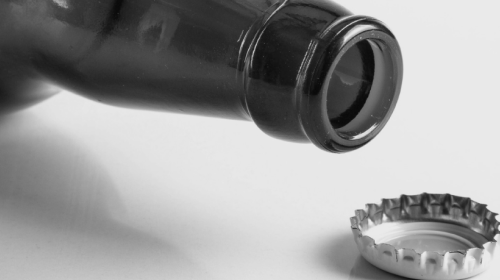
In 2020, North Dakota reported nearly 27% of adults engaged in binge or heavy drinking.

Over 10% of North Dakota residents experienced alcohol use disorder (AUD) in 2017.
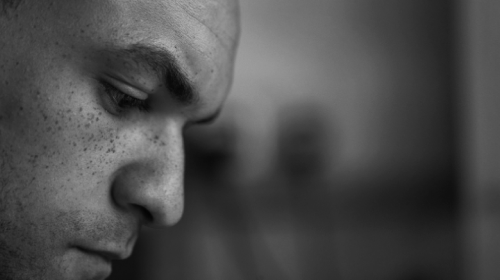
North Dakota adults consumed an average of 42% more alcohol than the national average.
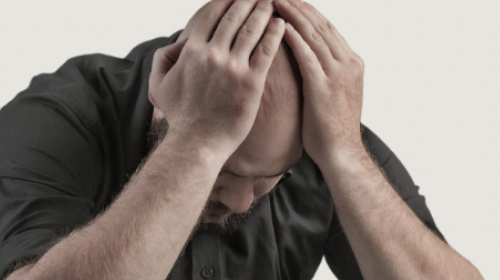
During the same time, 15% of residents had a substance use disorder (SUD).
Drug Laws in North Dakota
Overdose Prevention & Immunity
North Dakota law protects people from prosecution when they experience a drug overdose and others who seek emergency assistance. The Good Samaritan law helps protect friends, family, and bystanders when calling 911 during an overdose.
North Dakota Marijuana Laws
Recreational use in North Dakota is illegal and the penalties are relatively severe. Possession of less than one half an ounce is punishable by 30 days in jail and up to $1,000 in fines. Possession of more than one ounce bumps the charge to a felony.
North Dakota Cocaine Laws
Cocaine is illegal under state and federal laws. Possession carries stiffer penalties than marijuana and other drugs. Possession of any amount in North Dakota is a Class C felony and is punishable by up to five years in prison. Manufacture, sale, or intent to sell is a Class B felony with up to 10 years in prison for a first offense.
Narcan Access
North Dakota Health and Human Services helps prevent overdose deaths by offering two free doses of Narcan through their website or by calling a member of the behavioral health team. They also provide access to education and information about opioid use and how to recognize an overdose.
Resources
- Foundation, C. (n.d.). The opioid epidemic: Seeking solutions in North Dakota.
- Substance Abuse and Mental Health Services Administration. (2020). North Dakota State-Specific Tables.
- National Institute on Alcohol Abuse and Alcoholism. (2021). Treatment for Alcohol Problems: Finding and Getting Help. National Institutes of Health.
- National Institute on Drug Abuse. (2022, March 22). Treatment and Recovery. National Institutes of Health.

